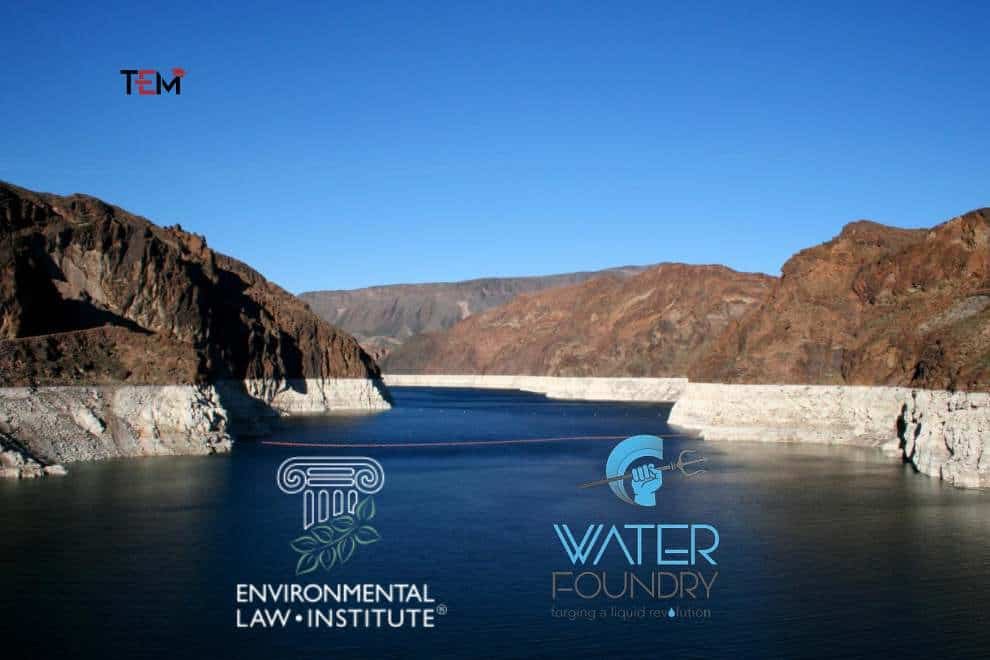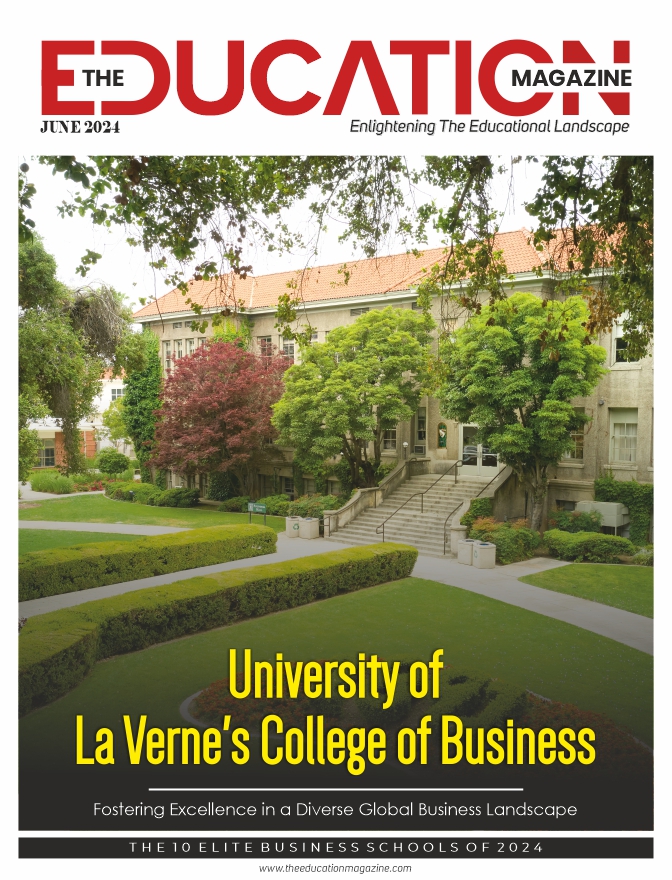Technologies like AI can transform the way the Basin is managed to ensure a sustainable and resilient future
The Environmental Law Institute (ELI), a non-partisan research and education center working to strengthen environmental protection by improving law and governance worldwide, and Water Foundry, a global advisor in solving water-related challenges and driving technology innovation, have released their report, “ Digital Technology Solutions for the Colorado River Basin.” The report is based on outcomes from an October workshop jointly hosted by ELI and Water Foundry that examined the challenges of the Colorado River Basin that could be addressed through digital solutions and mapped feasible technological solutions for those challenges.
“Digital solutions to address the region’s water challenges exist; what we need now are innovative strategies for investing in, piloting and scaling technologies across the Basin,” said Will Sarni, Founder of Water Foundry. It’s clear there are myriad ways technology can be used to solve some of the Basin’s most pressing challenges.
The American West – including the cities of Las Vegas, Los Angeles, Phoenix, and Denver – falling under the reaches of the greater Colorado River Basin is now among the world’s water-stressed regions facing the environmental, economic and social challenges of increased water scarcity. Yet, the environmental and economic importance of the Basin is profound. The Colorado River supports $1.4 trillion in annual economic activity, which is Colorado River supports $1.4 trillion in annual economic activity, which is equivalent to about 1/12 of the total gross domestic product in the U.S.
Digital solutions that could benefit the Basin, as examined in the workshop and detailed in the report include.
- Artificial Intelligence: Systems programmed with AI technologies benefit sustainable water management including forecasting the availability of water resources under changing hydrologic and climatic conditions, improved asset management, planning for future water consumption needs by extrapolating from current usage patterns and more efficiently operating distribution networks.
- Blockchain: Blockchain decentralizes, encrypts and divides data into parcels. The distributed, secure and transparent nature of blockchain technology lends itself to a variety of applications within the water sector including peer-to-peer water rights trading, creative and democratic financing for water projects, the establishment of cryptocurrency-enabled smart meters, the aggregation and distribution of water data, the deployment of smart-contracts and more.
- Sensor Networks: Within the Basin, deploying a network of wireless sensors could enable water professionals and the public alike to achieve a better understanding of the availability, demand, and use of hydrologic resources. This information is invaluable to devising conservation and distribution strategies. Wireless sensors could also be deployed at the tap to collect more accurate and near real-time data on water usage. Additionally, sensor data could also be used to monitor and better plan around peak usage times, as well as to quickly detect and remedy problems with water quality or delivery infrastructure.










